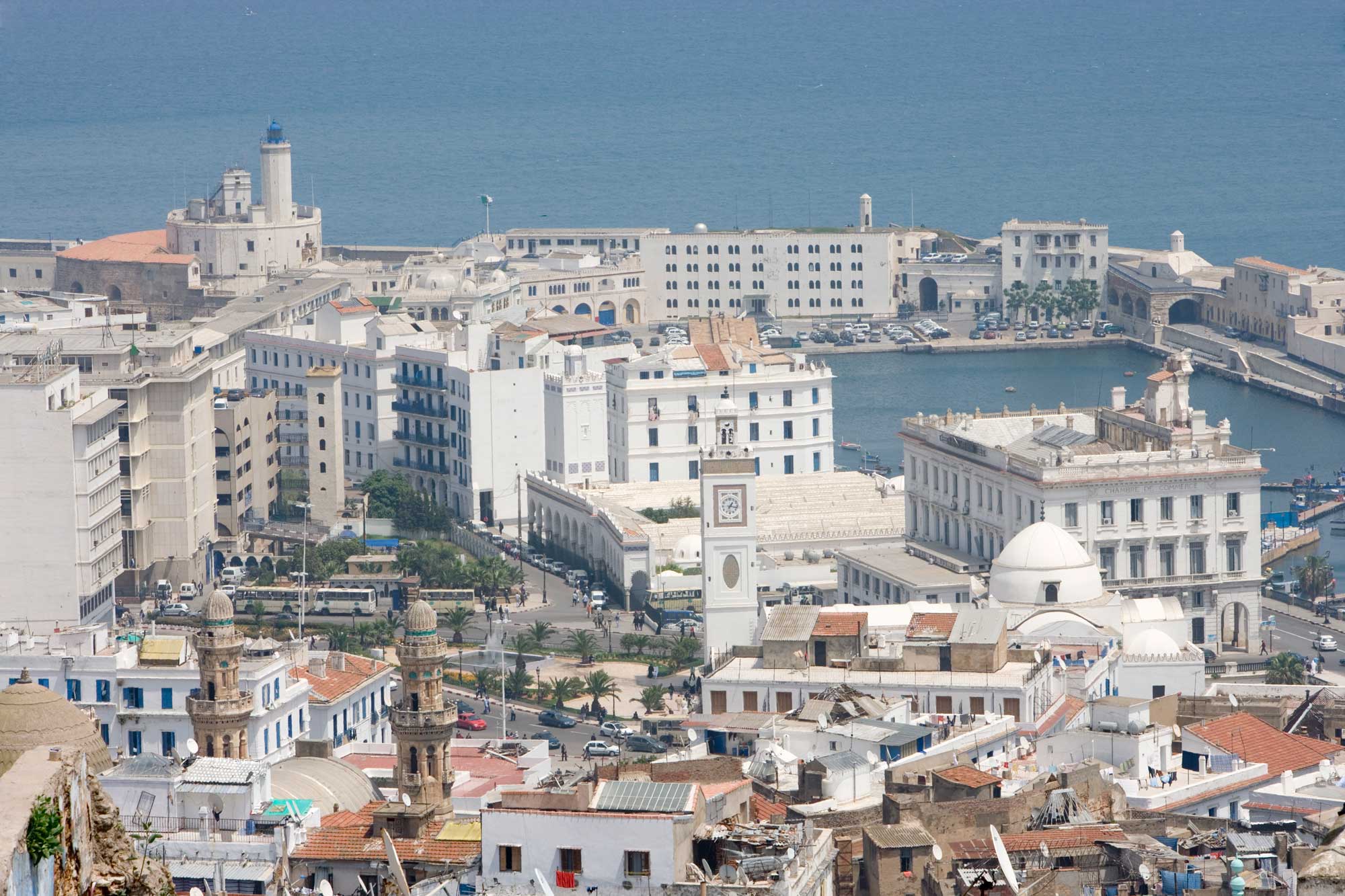Dangerous Times for Algeria
Change is inevitable in everything, but in politics, some changes are more significant than others. In Algeria, the past month has brought one such a change: General Mohamed Mediene, also known as Toufik, has departed from the “Departement du renseignement et de la securite” (DRS), the Algerian secret services. The Algerian government has a complex and obscure structure in which only insiders know what is truly happening. According to analysts and newspapers, the Algerian system is divided in three power-holding institutions: the presidency, the army, and the secret services. These institutions materialized during the bloody Algerian civil war, which was fought between the ruling National Front of Liberation and the Islamic Salvation front and claimed more than 150,000 lives. Before the war, Chedly Bendjedid, the Algerian president from 1979 to 1992, opened Algeria to a multi-partisan system and opted for democratic elections in 1990. He enacted these reforms in an attempt to liberalize the Algerian system. But after the Islamists’ victory, the military and secret services, headed by General Toufik, staged a coup and annulled the elections, plunging Algeria into a decade long civil war.
 The Algerian system became divided in regards to the fate of the Islamists now ousted from power. Two camps formed: the eradicators who wanted to wipe out the Islamists, and the dialoguistes who sought to compromise with the Islamic Front of Salvation. The birth of the triumvirate between military, secret services, and presidency, with the DRS as the main power broker, dates back to the victory of the eradicators’ side. The system continued to exist even after the end of the civil war and evolved into strong state machinery that ruled over one of the biggest oil reserves of Africa and the Middle East.
The Algerian system became divided in regards to the fate of the Islamists now ousted from power. Two camps formed: the eradicators who wanted to wipe out the Islamists, and the dialoguistes who sought to compromise with the Islamic Front of Salvation. The birth of the triumvirate between military, secret services, and presidency, with the DRS as the main power broker, dates back to the victory of the eradicators’ side. The system continued to exist even after the end of the civil war and evolved into strong state machinery that ruled over one of the biggest oil reserves of Africa and the Middle East.
With rising oil prices in the 2000s, Algeria enjoyed a stable and comfortable budget that helped finance diverse welfare and redistribution programs to buy social peace and stabilize the regime. But the “Systeme”, as Algerians call the political system, was more fragile and vulnerable than the strong image it conveyed. Indeed, rampant governmental corruption, massive unemployment, and the Arab Spring all shook the nomenklatura to its bone. Internal strife within the triumvirate accelerated after the 2010-2012 protests that erupted in the streets of several Algerian cities, with the secret services, the military and the presidency vying for a larger share of power. In this internal struggle, the DRS, led by general Toufik, seemed to have the upper hand.
With its newfound power, the DRS pressured the Algiers magistrature to issue an international arrest warrant against Chakib Khalil, the ex-minister of energy, on corruption charges. The DRS likely targeted Khalil because of his professional proximity to the current Algerian president Bouteflika, even though SONATRACH, the government-owned company responsible for hydrocarbure extraction, was under domestic and international pressure for corruption, embezzlement and fraud since the late 2000s.
Consequently, the relationship between Bouteflika and Toufik, initially an entente cordiale, began to exemplify an open struggle between the presidency and the secret services. Indeed, the presidency rapidly disbanded some of the DRS directions such as military and interior security, which used to be instrumental to Toufik’s overreach of the state apparatus through the DRS. Finally, Toufik was forced into retirement in late September of this year, leaving the Algerian system under the control of the presidency and the army and breaching the triumvirate.
These palatial and backroom intrigues are delegitimizing the current Algerian system faster than any corruption scandal ever did. Moreover, the IMF predicts an economic crisis looming over the country, with falling oil prices causing a budget deficit and a rapid decrease in foreign reserve exchange. Additionally, interior and exterior security threats such as Al Qaida in the Islamic Maghreb are pressuring Algeria constantly, pushing an outdated system toward implosion. It is more important than ever for Algeria to move past internal government conflict, in order to protect itself from the crises that fundamentally threaten its security.

